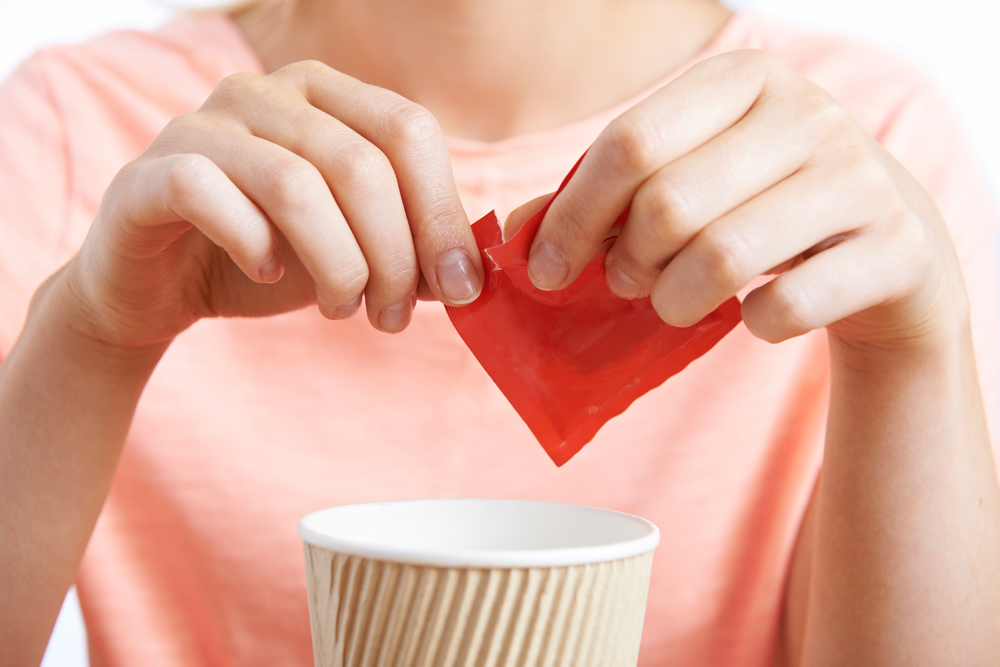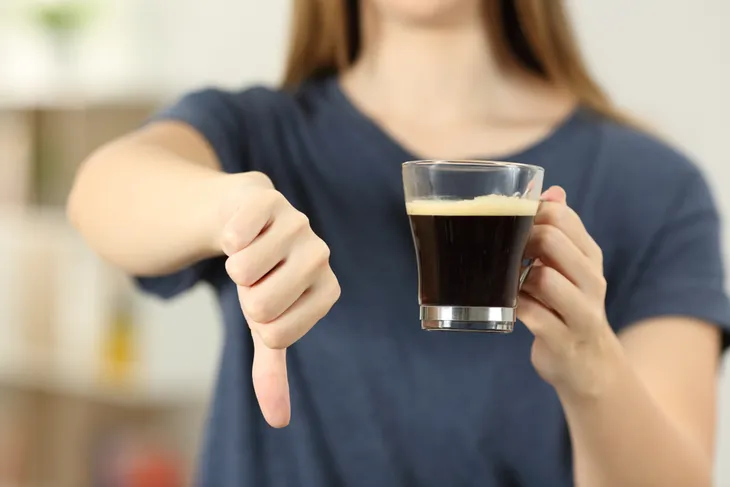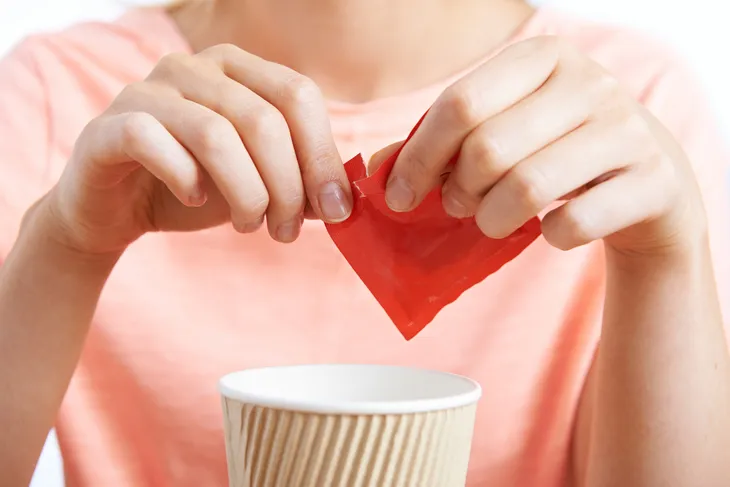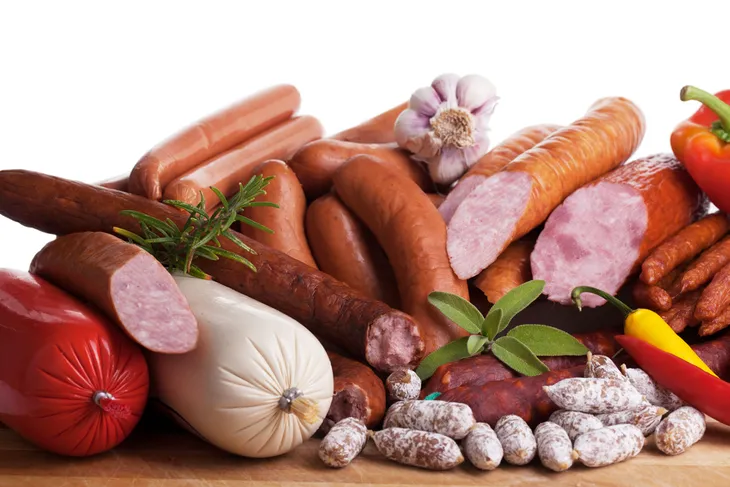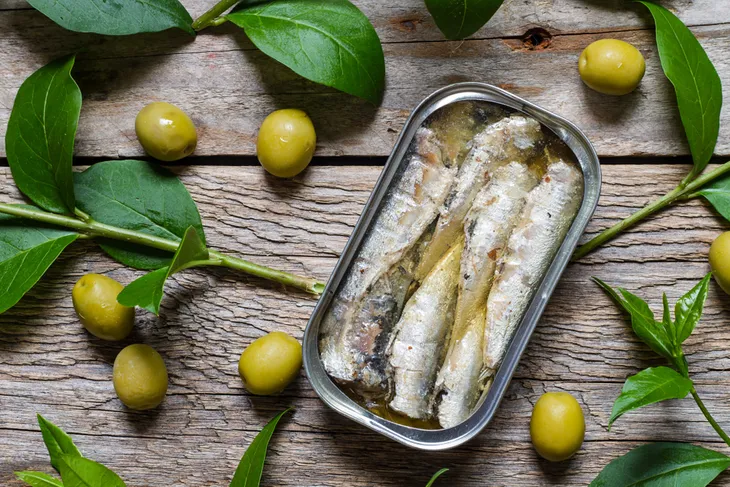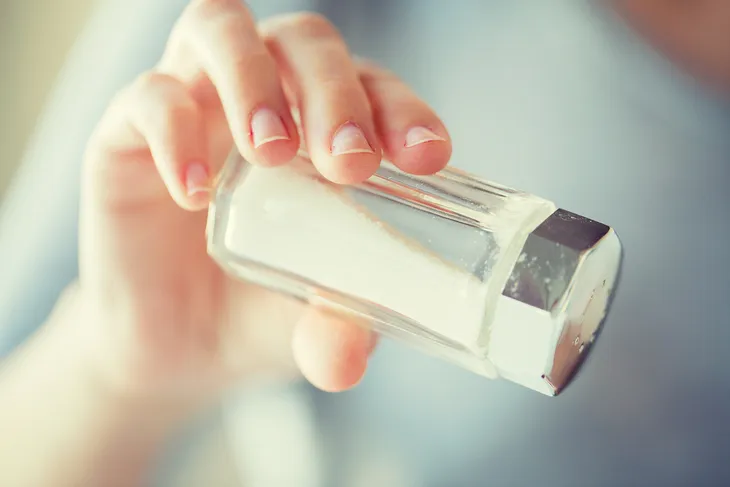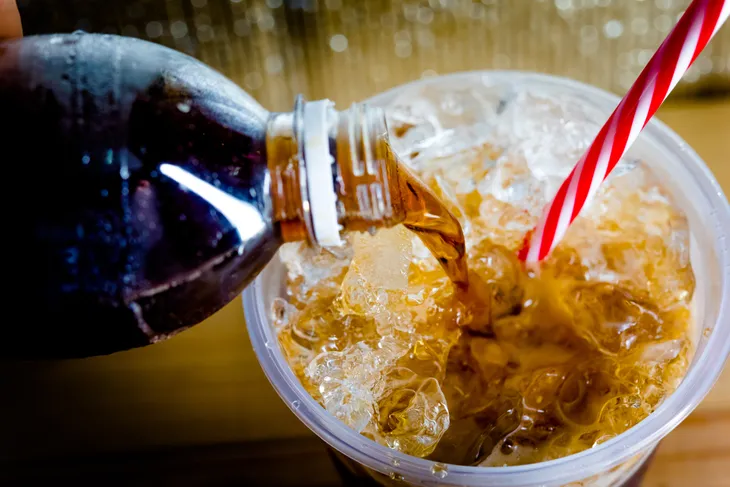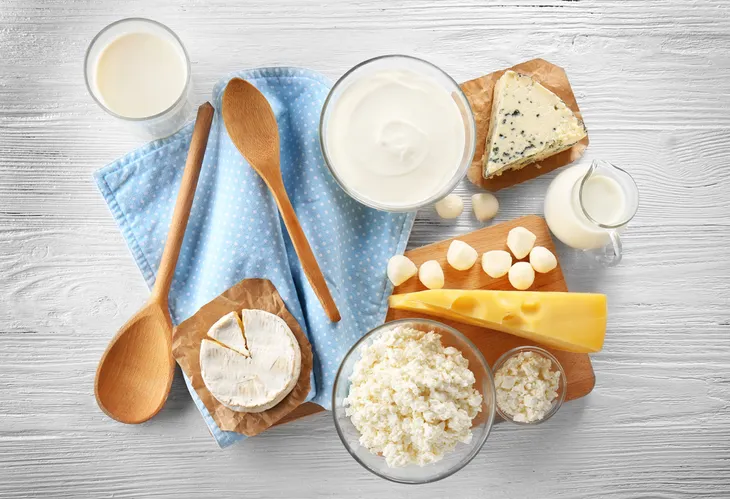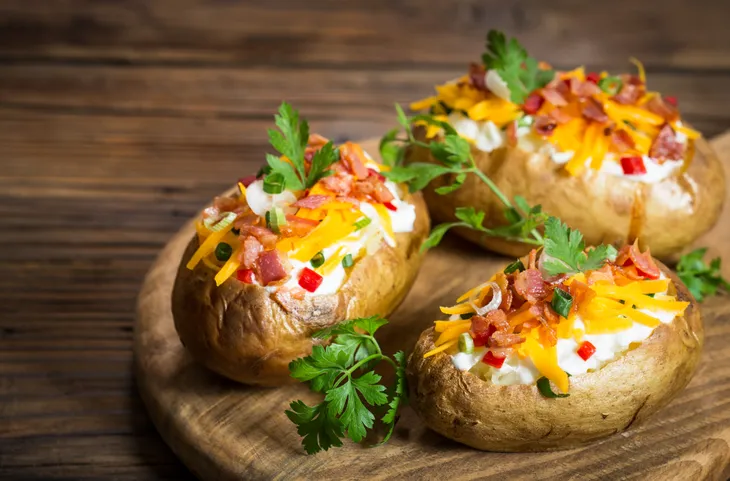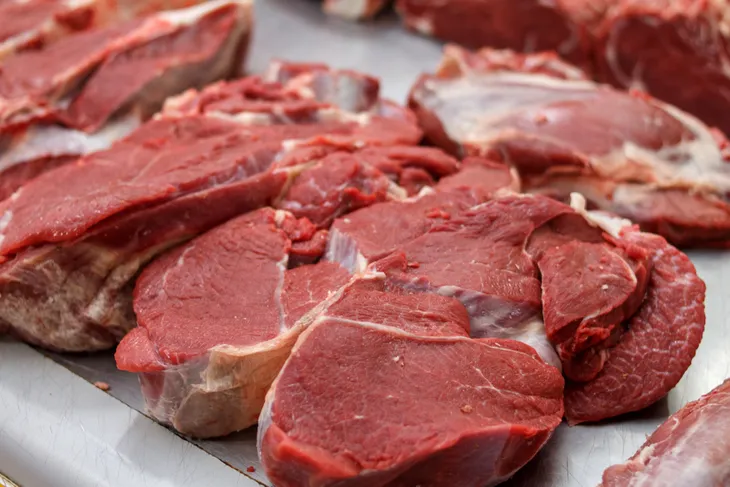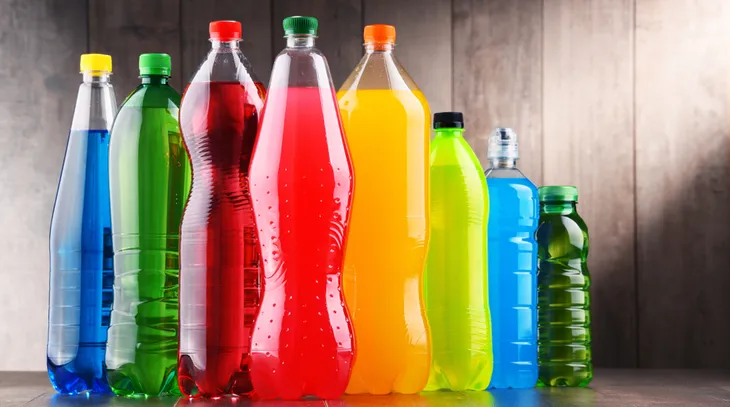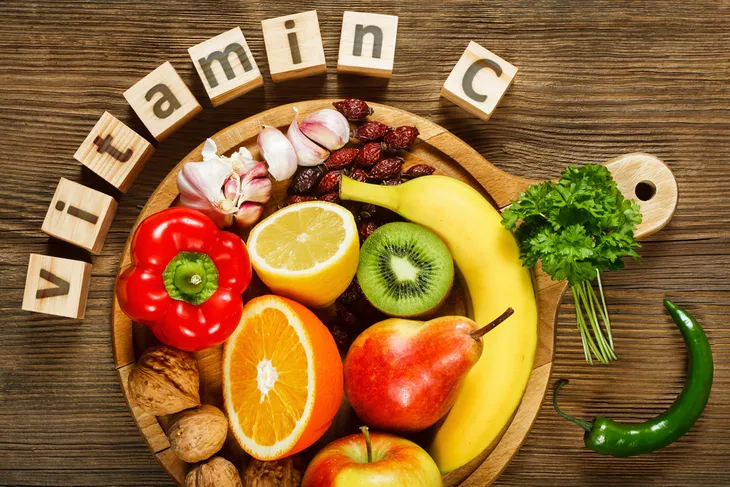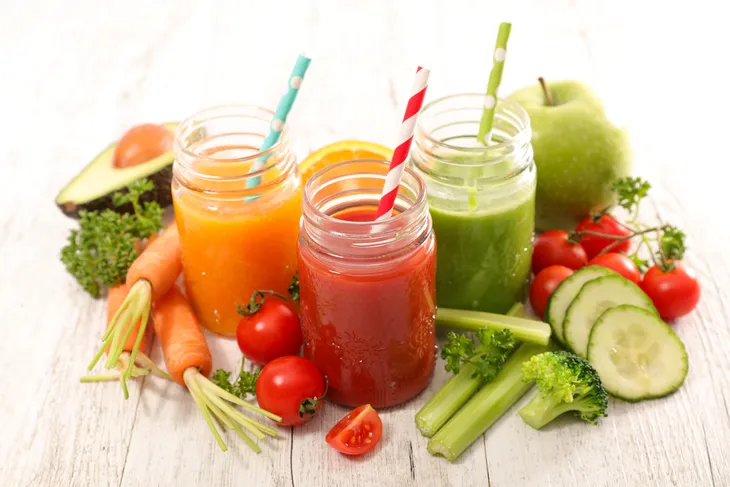Your kidneys play a vital role when it comes to filtering waste out of the body. Each day, these organs on either side of the spine, filter more than 200 quarts of blood and 2 quarts of waste products before it’s flushed out of the body via urination.
Obviously, healthy kidneys are essential for proper detoxification. However, certain foods can cause kidney stones and keep these organs from functioning optimally. Here are 12 foods that encourage kidney stone development…
Excessive Caffeine
Too much caffeine—in the form of coffee, tea, and soda—can stress out the kidneys and lead to the development of kidney stones due to higher calcium levels in the urine, and even kidney failure due to the stimulant qualities that can cause organ exhaustion.
Artificial Sweetener
You probably use artificial sweetener in your coffee as opposed to sugar in order to cut calories, or maybe opt for diet soda for the same reason. However, studies show that non-caloric sweeteners impair kidney function if consumed on a long term basis. Therefore, it’s best to opt for natural sweeteners like honey, stevia or agave instead.
Meat
Meat is also linked to kidney stones and organ damage. Those who consume a high-protein diet put particular stress on their kidneys because protein waste is difficult to eliminate from the body efficiently. Meat is also high in uric acid, a common cause of uric acid based kidney stones.
Sardines
If you’re prone to uric acid based kidney stones, you’ll also want to curb your diet of any foods that are high in purines (an organic compound that boosts aroma increases levels of uric acid). Sardines are extremely guilty of purine content so don’t pop that can top.
Salt
A healthy amount of sodium in your diet is necessary for healthy fluid levels. However, use of added salt to your diet—via the salt shaker or processed foods—encourages water retention, meaning excess sodium isn’t flushed out of the body and the kidneys and blood pressure are put in jeopardy. According to Healthline, a high sodium diet can also promote calcium buildup in urine which puts the body at risk for developing calcium oxalate kidney stones. Take extra notice when ordering food at a restaurant and read nutrition labels when shopping at the grocery store.
Carbonated Drinks
Carbonated drinks (i.e., soda, energy drinks, and certain bottled juices) will heighten the risk of developing kidney stones and even put you at risk for kidney disease. “Cola is high in phosphate, another chemical which can promote formation of [calcium oxalate] kidney stones,” says Healthline. As an alternative, if you can’t drink your water plain, use frozen berries, slices of citrus, or a splash of natural cranberry or pomegranate juice.
Dairy Foods
We eat dairy products because they are high in calcium to build strong bones. However, for those prone to kidney stones, calcium is not a friend. In fact, it increases the excretion of calcium in the urine, making waste elimination more difficult and encouraging kidney stones to form.
High-Oxalate Foods
What many people might not realize is that there are actually a few different types of kidney stones. The most common is calcium oxalate stones. “It forms when calcium in your pee combines with oxalate, a chemical that’s naturally in many foods,” says WebMD. Anyone who has suffered from this type of kidney stones should avoid high-oxalate foods.
This one is difficult because a lot of high-oxalate foods are plant based, which are actually the healthiest foods to eat! It might be impossible to completely eliminate any of these from your diet, but WebMD advises people try to limit their intake of: spinach, rhubarb, almonds and cashews, miso soup, grits, baked potatoes with skin, beets, cocoa powder, okra, bran cereals and shredded wheat cereals, french fries, raspberries, Stevia sweeteners, and sweet potatoes.
Animal Protein
Unlike high-oxalate foods, animal protein doesn’t trigger any specific type of kidney stones. Instead it raises a person’s chance of developing most types of kidney stones. “Many sources of protein…increase the amount of uric acid you produce. Eating large amounts of protein also reduces a chemical urine called citrate. Citrate’s job is to prevent the formation of kidney stones,” writes Healthline.
To protect yourself, WebMD says people should limit their intake of beef, pork, eggs, cheese, and fish. Luckily, there are many alternatives available like quinoa, tofu, hummus, chia seeds, and Greek yogurt.
Sugary Drinks
No one should ever consume too much sugar on a daily basis, but this is especially important for people who’ve had uric acid stones. This type of kidney stone occurs when there is too much acid in their urine. “These stones contain uric acid, a substance the body produces as it breaks down chemicals in food,” according to WebMD.
People who suffer from this particular type of kidney stones don’t have to worry too much about limiting their intake of sodium, but sugar is a major concern. Patients need to avoid any food or drinks that are made with sugar, or high-fructose corn syrup. Replace these sugary drinks with beverages that are high in citrate like lemonade because citrate can help block or reduce the formation of uric acid kidney stones.
Vitamin C
Vitamin C has a lot of great health benefits, but like many other foods and vitamins, we need to limit our intake. Too much vitamin C increases the amount of oxalate a person’s body produces which can trigger kidney stones, so WebMD advises people to limit their intake to no more than 500mg a day.
Foods That Make Urine More Alkaline
Calcium Phosphate Stones are a type of kidney stones that people need to watch for. They occur when “calcium in the urine combines with the mineral phosphorus,” says WebMD.
The source also notes that people who are prone to this type of kidney stones, don’t have to worry as much about limiting their intake of oxalate foods, but they do need to monitor how much they are eating of foods that make urine more alkaline. This includes: fresh fruit juices, vegetable juices, and molasses.
